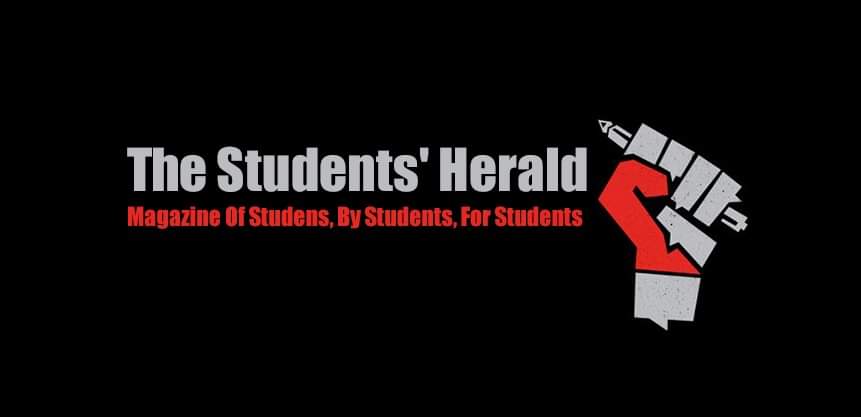Salman Sikandar
As soon as the COVID-19 pandemic hit Pakistan, all universities began sending fee notifications to students, even though the so-called online classes they were conducting cannot be in any measure be equated with real classes. Some universities went so far that either they increased the fee, or they sent a full fee notification for less than half a semester’s worth of classes.
My own university is a case in point in this connection. There is no doubt that these universities have an idea about the financial conditions of people as a consequence of COVID-19, but it also gives them a rare opportunity to make large sums of profits. They have to choose between profits and empathy, and obviously capitalism compels them to choose profits.
In this neoliberal world of profits, education has become a mere transaction. Students have to buy their degrees by paying huge sums of money to private institutions, which ignore proper education in their drive for profits. It has almost begun to resemble a system of slavery. Students correspond to the famous character Dr Faustus of Christopher Marlowe, who sells his soul to the devil in return of fulfilment of his desires. In exchange, the devil commands him not to question.
In the exact same way, private universities in exchange of degrees curb students’ freedom to question. This is a perfect scenario for universities to exploit students as much as they can without any problem. These exploitations include huge sums of fee in the name of course repetition, fines and a huge ‘miscellaneous’ fund.
The problem is that students have conformed easily to such exploitation in the last few decades. It has become so normal that no one questions it. Students take admissions in universities, spend their time in complete submission of these universities and pass out with a degree, just like a commodity in the factory moving through different phases of the assembly line.
Asking students to pay fee in this pandemic is just another expression of modern-day slavery. Yet it is different this time as these days aren’t normal at all. As truth has become stranger than fiction, these days make every act look as if it is happening for the first time. They make every contradiction in the system so vivid and each act of exploitation so clear. Therefore, students have not taken this whole episode in a light way. Rather, they have raised their voices against it.
Although they have paid, or will pay fees in the end, the reality of not having a voice has shaken students. It has made them question the transactional nature of education like never before.
This pandemic is not just a rare opportunity for universities only who want to make large profits, but it is also a rare chance for students as well as well to see the real face of universities more clearly. It is a moment marked with rare seismic shift which will either normalize profiteering out of any crisis or commence a new era for students. These times demand an alternative and make a radical imagination more conceivable.
This scenario once again signals the beginning of a new student movement for restoration of unions started last year after countrywide marches. Therefore, this new space is ideal for giving students the imagination of student unions. Only through student unions can we make sense of the whole crisis of online classes and fees, through which they have been going for the last two months.
Student unions are the only bridge between students and this crisis, as there is no other prescription. With the realization that no one heard the voice of students in their struggle against online classes, also comes the realization that they have a voice. This voice only needs to be heard and it can only become possible through student unions.
After the Students Solidarity March last year, the government promised restoration of student unions. But instead of keeping this promise, it filed sedition cases against students and activists. Learning a lesson from this, we should know that the struggle for student unions will be a long arduous process instead of one-day fight. Therefore, students should pace up the struggle for student unions as soon as the lock down is over. As this time will produce a rare space in which either there will be victory or defeat, students should do regular agitations and use militant tactics. This process will be needing empathy, democracy, love and solidarity of students with other segments of society but first of all it requires a conceivable imagination of student unions which would address the issues of students.


